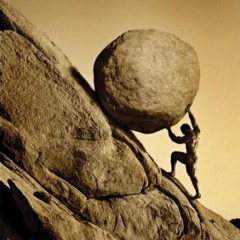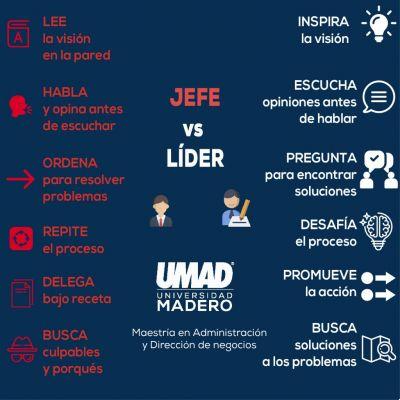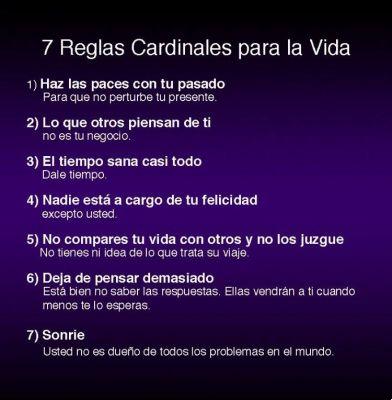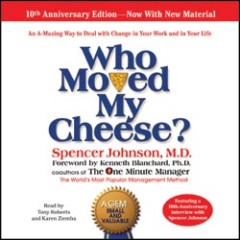The meaning of the word resilience and a practical technique to develop it.

"Difficulties strengthen the mind, just as work strengthens the body."
Seneca.
Recently one of my managers lent me a book, a psychologist expert in resistance disciplines, entitled "I resist therefore I am".
The main theme of this book is the Resilience.
Returns… what ?! And what did you make up today Andre ?! 'Mo so' curious ... let's see if even this time you manage to amaze me!
Resilience is a term that we find in various application fields, fromengineering toinformatics, From psychology to the biology.
In this article I will tell you about psychological resilience, that is man's ability to resist the adversities of life.
The meaning of resilience
The term resilience derives from the Latin "resalio", iterative of the verb "salio", which in one of its original meanings indicated the action of get back on the boat overturned by the waves of the sea.
Traditionally, resilience has been linked to engineering studies, specifically to metallurgy, where this term indicates the ability of a metal to resist the impulsive forces that are applied to it.
In the recent past, the concept of resilience has also been deepened in the psychological field. Specifically, in psychology:
la Resilience is the ability to positively cope with traumatic events, to positively reorganize one's life in the face of difficulties. It is the ability to rebuild oneself while remaining sensitive to the positive opportunities that life offers, without losing one's humanity. Resilient people are those who, immersed in adverse circumstances, manage, despite everything and sometimes against all odds, to face GetPersonalGrowth setbacks, to give new impetus to their existence and even to reach important goals.
Source Wikipedia.
Oh well Andre, there was no need to bother with Latin, practically resilience is nothing more than willpower.
Resilience and willpower
I have written numerous articles on willpower in the past, here are 2 examples:
- Willpower: The Ultimate Guide to Increase It.
- The importance of self-discipline and… how to develop it.
However Resilience e willpower they are different concepts. There are undoubtedly some points of contact, but it is important that you understand the difference between these 2 elements that are so important for your personal growth:
- La willpower it is the one that allows you to pursue your goals with constancy and determination: it is that push that makes you get up every day at 06:00 in the morning to go for a run when you want to get back in shape; is that ability to say no to Facebook & Co. when you have to study for your next college exam. In short, willpower comes before reaching your goals, indeed you need it most at the very beginning, when you tend to procrastinate more.
- La Resilience it is the one that allows you to pursue your goals despite the constant "no", the defeats, and the inevitable setbacks of life: it is that crazy rationality that makes you get up for the hundredth time, aware that sooner or later you will reach your goal; it is that ability to restructure failures, considering them as inevitable steps towards success. In short, resilience comes during and after your goals: during, when you have to draw on all your physical and mental resources to make that last mile that separates you from the finish line, after, when you have to face a momentary defeat, proving to be in able to lift you up.
Now that we've clarified the difference between resilience and willpower, how about we see some practical technique to develop your resilience?
If you continue to surrender to the difficulties of life, if you feel lost in the storm of everyday life, if every defeat for you is a mortal attack on your self-esteem, well… you need to train your resilience.
The ABCDE technique
One of the most interesting paragraphs of Trabucchi's book “I resist therefore I am” is the one on ABCDE technique.
This technique is useful to become aware of the fact that our behavior and our reactions to negative events do not depend directly on the events, but on the our evaluation of them.
The sentence I just wrote is one of the cornerstones of personal growth. The human being has an unimaginable power: whatever event happens to him, he chooses what meaning to give him and therefore what reaction to have.
We are so used to reacting mechanically to life events that we have forgotten our extraordinary ability, the essence of resilience.
The ABCDE technique serves to remind us of this ability. Let's see it in detail. The letters that give the name to this technique are nothing more than the initials:
- To of Adversity. The first letter indicates the difficulties we may encounter in our life, the negative events over which we have no control and which inevitably happen. They may include small "tragedies" like an exam gone wrong, or much more serious difficulties.
- B of Belief. The second letter indicates our beliefs. The set of beliefs that we have matured in the course of our life represent the filter through which we perceive reality. In fact, our perception of reality is always subjective, as are our reactions. To learn more about the topic of beliefs, I suggest you read this article.
- C of Consequences. The third letter of the model indicates our emotional and physical reactions to events. As you may have understood, these reactions are always the sum of the event and our beliefs.
- D di Discussion. The first 3 letters indicate the normal sequence adopted by our mind in front of an event. With the letter D, resilience comes into play. When we are able to question our irrational reactions, we begin to regain control of our life.
- And of Effects. Unlike reactions (consequences), the effects derive from our questioning of our beliefs. If we often feel that we have no control over our reactions, the effects, as the result of a process of reworking our mind, are fully under our control.
Training our resilience therefore means constantly asking ourselves a question in the face of the events of life: "What is good in what is happening?", Or "What is the best meaning I can attribute to what is happening?"
Initially this exercise may seem like the classic bullshit of "positive thinking", but if properly applied, it will allow you to pick up the helm of your life, getting the best out of every event and deciding for yourself what your reactions will be.
Hope this new concept of the Resilience has fascinated you at least as much as it has fascinated me. Honestly, I prefer to talk about the books I read a few months after reading them, to better assimilate them and test what they talk about on my skin.
But in this case I couldn't resist!


























